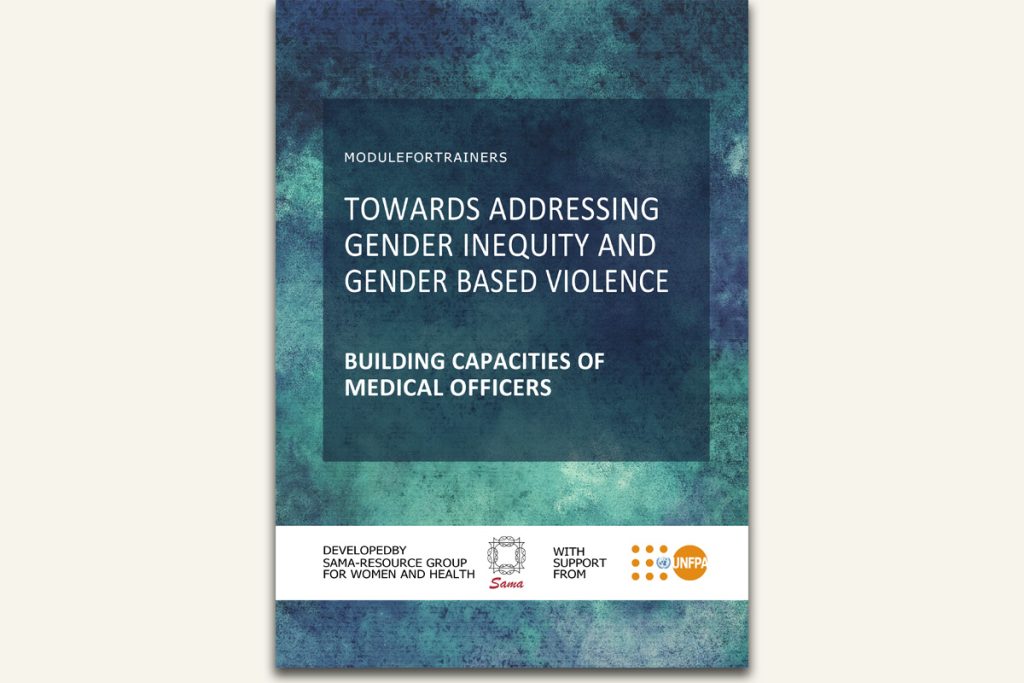
Gender equality and the freedom from violence are significant determinants of health, making health-centred response to address Gender-based Violence (GBV) essential for achieving public health and well-being. Such a response would include a care and well-being approach that is cross-cutting across all multi-sector interventions, whether by duty-bearers such as police, protection officers, medical officers, or community support such as civil society networks, activists, and so on. Such a coordinated response must also entail a strong and robust health systems response to GBV.
GBV has innumerable physical and psychological health consequences in the short and long term and the health system is a frequent point of contact for survivors. A proactive role of the health system can facilitate the identification of violence, it can minimize the impact of violence on survivors through treatment and care, follow-ups, and referrals. Thus, there is an urgent need to highlight the critical, but often overlooked, role of healthcare providers in providing survivors with healthcare and psychosocial support, as well as in coordinating a comprehensive multi-sectoral response to GBV.
Sama has been developing a series of Training Modules for Healthcare Providers in order to increase capacity with information and awareness about gender-based violence, as well as to encourage Healthcare Providers to create enabling environments in health systems for survivors to report violence and seek care and support without any hesitation, apprehension or barriers.
Three modules, titled Towards Addressing Gender Inequity and Gender Based Violence, are being prepared. The first to be released is for Medical Officers, to be followed by the Modules for nurses and ASHAs.




